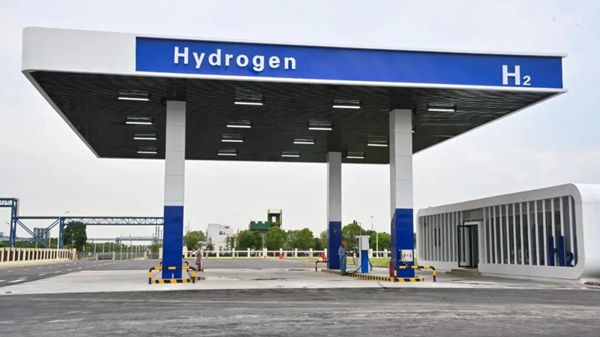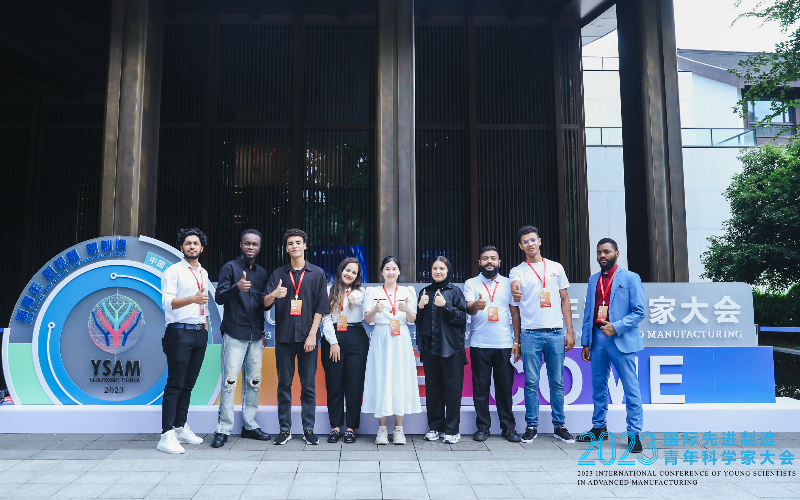Ningbo aims high in hydrogen industry

Ningbo's first hydrogen refueling station, which will be used to fuel hydrogen fuel cell vehicles, located in the city's Zhenhai district. [Photo/cnnb.com.cn]
Ningbo's first hydrogen refueling station, which will be used to fuel hydrogen fuel cell vehicles, has recently completed construction in the city's Zhenhai district.
The station, which was built by Sinopec Zhenhai Refining & Chemical Co, covers a total area of 19 mu (1.26 hectares), with a daily hydrogenation capacity of 500 kilograms.
As one of the seven national petrochemical bases, Ningbo is now capable of supplying 72,300 metric tons of hydrogen byproducts per year, which can be used for about 360,000 hydrogen fuel cell passenger cars.
The city was ranked ninth among China's top 30 cities in hydrogen competiveness in 2020.
Ningbo aims to lift the output value of the hydrogen industry in the city to above 40 billion yuan ($6.15 billion) by 2025, according to a drafted development plan released by the local government.
The figure is targeted to exceed 150 billion yuan by 2035.
Hydrogen, known as "the ultimate energy in the 21st century", is considered as the most promising clean energy.
The Hydrogen Council predicts that hydrogen will account for 18 percent of the world's terminal energy demand and that fuel cell vehicles will account for 20 to 25 percent of the world's vehicles by 2050.
Hydrogen will make up at least 10 percent of China's terminal energy system by 2050, with demand for hydrogen approaching 60 million tons. Among them, 24.58 million tons of hydrogen will be used in the field of transportation, accounting for about 19 percent of the energy used in the field. The annual production of fuel cell vehicles is expected to reach 5.2 million units, according to the China Hydrogen Alliance.
To date, 23 provinces and municipalities across the nation have issued policies to bolster their hydrogen industries.





 play
play
